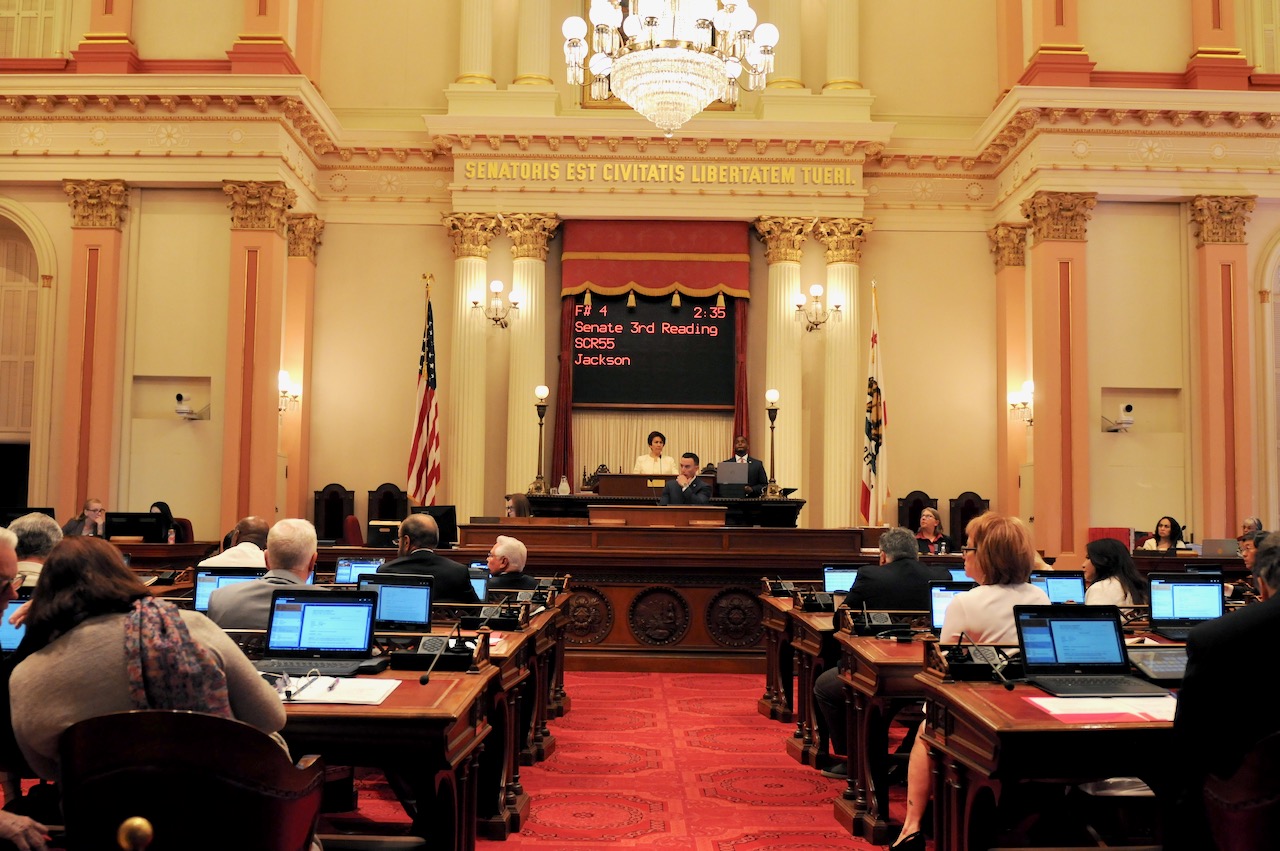
California State Capitol. (Photo: Kevin Sanders for California Globe)
Why Do Tax Statutes Use Different Repeal Language?
Tax returns can be amended up to four previous years
By Chris Micheli, October 16, 2023 2:49 pm
As readers know, the California Legislature occasionally places “sunset dates,” or “repealers,” in a bill so that the enacted statute will be repealed as of a specified date. This is usually accomplished by the following provision:
This section shall remain in effect only until December 1, 2029, and as of that date is repealed.
While tax statutes do contain similar language in many instances, there are quite a few sections of the California Revenue and Taxation Code that utilize the following language as an alternative:
This section shall become inoperative on January 1, 2029, and as of that date is repealed.
In addition, other sections of the California Revenue and Taxation Code use the following language:
This subparagraph shall cease to be operative for taxable years beginning on or after January 1, 2031, unless the Director of Finance makes the notification pursuant to ….
Why do tax statutes sometimes use the term “inoperative” or “cease to be operative” as a sunset date instead of the standard repealer language? The purpose is for the code section to remain “on the books” because tax returns are due the following calendar year, and tax returns can be amended up to four previous years. This necessitates the provision to remain in the Revenue and Taxation Code so that it can be easily referenced.
- Incidental Takes - February 16, 2026
- Fish and Game Districts in California - February 15, 2026
- Deposits in Lieu of Bonds in California - February 15, 2026




